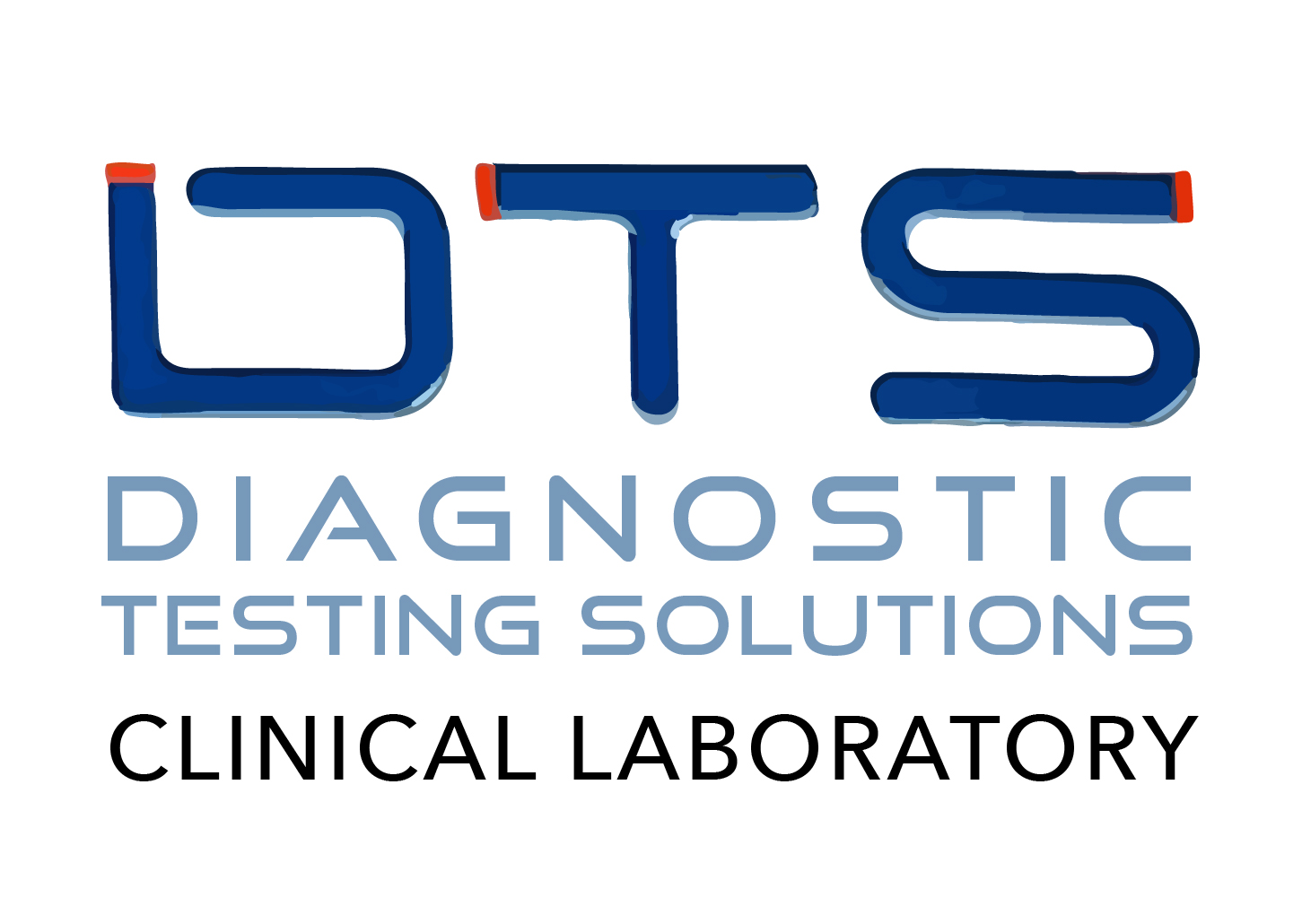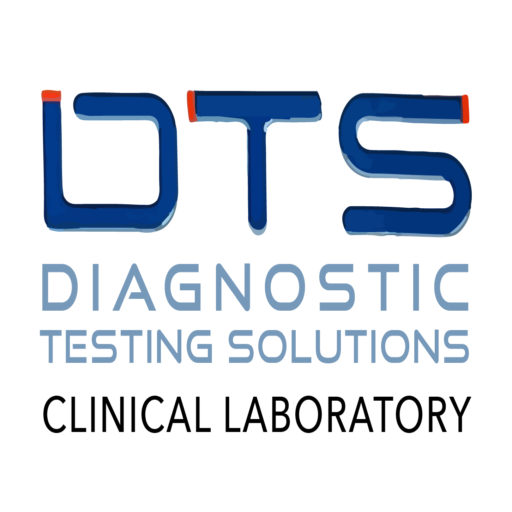
Regular health check-ups are a cornerstone of preventive healthcare, enabling individuals to monitor their overall well-being and catch potential health issues early. The general health panel blood test is a comprehensive set of tests designed to assess various aspects of health, from metabolic function to hormonal balance. This blog delves into the tests included in this panel and their significance in promoting long-term health and wellness.
Annual Check-Up Panel
The Annual Check-Up Panel provides a broad overview of a person’s health status. This essential component typically includes multiple tests that assess key bodily functions and can help identify areas of concern before they escalate. Regular participation in this panel is crucial for maintaining wellness and ensuring timely interventions.
High Sensitivity CRP Test
The High Sensitivity C-Reactive Protein (hs-CRP) Test is an important marker of inflammation in the body. Elevated levels of CRP can indicate an increased risk of cardiovascular disease. Healthcare providers can gain valuable insights into a patient’s heart health by measuring inflammation and recommending lifestyle changes or further testing if necessary.
Diabetes Maintenance Panel
The Diabetes Maintenance Panel is designed for individuals managing diabetes. It includes tests for measuring blood sugar levels, such as the glucose test and Hemoglobin A1C, which tracks average blood sugar over the past few months. Regular monitoring allows for better management of the condition and helps prevent complications.
Follicle Stimulating Hormone (FSH) Test
The Follicle Stimulating Hormone (FSH) Test is essential for evaluating reproductive health, particularly in women. It measures the level of FSH, which plays a critical role in the menstrual cycle and ovulation. Understanding FSH levels can help in diagnosing various reproductive health issues, including infertility.
Glucose Test
The Glucose Test is commonly administered to assess the body’s sugar levels. It plays a vital role in diagnosing conditions like prediabetes and diabetes. This straightforward Test helps evaluate how your body processes glucose, a key component in energy production and overall metabolic health.
Hemoglobin A1C Test
The Hemoglobin A1C Test provides insight into long-term blood sugar control, making it a cornerstone in diabetes care. By analyzing the percentage of hemoglobin coated with sugar, this Test offers a clear picture of average blood glucose levels over the past three months.
Testosterone Test
Testosterone testing is crucial for assessing hormonal balance in both men and women. Abnormal levels can lead to a range of health issues, including fatigue, mood swings, and changes in libido. This Test helps determine whether hormone therapy or lifestyle changes are needed for optimal health.
Comprehensive Thyroid Panel
Thyroid health is integral to various bodily functions, including metabolism and energy levels. A Comprehensive Thyroid Panel evaluates key thyroid hormones, allowing healthcare providers to effectively diagnose conditions such as hypothyroidism or hyperthyroidism.
Thyroid Stimulating Hormone (TSH) Test
The Thyroid Stimulating Hormone (TSH) Test is critical in evaluating thyroid function. Elevated or lowered TSH levels can indicate thyroid dysfunction, and understanding these results is vital for appropriate management, including potential medication adjustments.
Basic Food Allergy Test
Food allergies can significantly impact health and well-being. A Basic Food Allergy Test can identify specific allergens causing adverse reactions, allowing individuals to make informed dietary choices and improve their overall health.
Benefits of the General Health Panel
Participating in a General Health Panel offers numerous advantages that can significantly impact your long-term well-being. Understanding the importance of annual health panel tests helps highlight how these screenings contribute to improved health outcomes:
| Benefit | Description |
|---|---|
| Early Detection of Health Issues | Regular testing allows for the identification of potential health problems before they become serious. Conditions such as diabetes, thyroid disorders, and cardiovascular issues can be detected early, enabling timely interventions. |
| Personalized Healthcare Plans | The results from these tests provide valuable insight into individual health profiles. Healthcare providers can create tailored health management plans based on your specific test results, resulting in more effective and personalized care. |
| Monitoring of Chronic Conditions | For individuals with existing health conditions, like diabetes or hormonal imbalances, regular testing helps monitor and manage these issues effectively, adjusting treatment plans as necessary. |
| Preventive Care | By keeping track of key health indicators, the General Health Panel emphasizes a preventive approach to healthcare, reducing the risk of complications and promoting healthier lifestyles. |
| Empowerment and Education | Understanding your health status through these tests empowers you to make informed decisions about lifestyle changes and healthcare choices, encouraging proactive participation in your health management. |
Preparing for Your General Health Panel
Preparing for your General Health Panel is essential to ensure accurate test results. Here are some key steps to follow:
- Consult Your Healthcare Provider: Before your Test, discuss any medications or supplements you are taking, as they can affect the results. Your provider may give specific advice based on your medical history.
- Follow Fasting Guidelines: Some tests, such as those measuring blood glucose or cholesterol levels, may require you to fast for 8-12 hours before the Test. Confirm with your healthcare provider if fasting is necessary for your specific tests.
- Stay Hydrated: Drink plenty of water before your blood draw unless advised otherwise. Adequate hydration can help make the process smoother.
- Wear Comfortable Clothing: Choose clothing that allows easy access to your arm for the blood draw. It will help make the process more efficient and comfortable.
- Plan for the Day: Schedule your appointment at a time that works best for you, considering potential side effects like fatigue after the blood draw.
By following these preparatory steps, you can ensure that your General Health Panel provides the most accurate and useful information regarding your health.
Conclusion
The tests included in a General Health Panel provide invaluable insights into your health status. By participating in this comprehensive screening, you can catch potential health issues early and take proactive steps toward better health management. Regular check-ups enhance your well-being and empower you to lead a healthier lifestyle.
By understanding and utilizing these health tests, individuals can improve their overall wellness and ensure a proactive approach to their health journey. Schedule your General Health Panel today and take the first step towards a healthier future!
FAQ’s
What Does a General Health Blood Test Show?
A general health blood test is a vital tool for assessing your overall health. It typically evaluates key blood components, providing insights into various bodily functions. This test can reveal important information such as:
- Complete Blood Count (CBC): Measures red and white blood cells, hemoglobin, and platelets to assess for conditions like anemia and infections.
- Metabolic Function: Evaluates how your body processes nutrients and maintains balance.
- Lipid Levels: Checks cholesterol and triglyceride levels to assess cardiovascular health.
- Thyroid Function: Examines hormone levels related to thyroid health.
Overall, these results help identify potential health issues, monitor ongoing conditions, and guide treatment strategies.
What Blood Tests Are in a General Health Panel?
A general health panel includes several essential blood tests aimed at providing a comprehensive overview of your health. Common tests found in this panel typically include:
- Complete Blood Count (CBC)
- Comprehensive Metabolic Panel (CMP)
- Lipid Panel for cholesterol measurement
- Thyroid Function Tests, like Thyroid Stimulating Hormone (TSH)
- Hemoglobin A1C to monitor blood sugar levels
- High Sensitivity C-Reactive Protein (hs-CRP) for inflammation markers
- Hormonal Tests, such as Testosterone or Follicle-Stimulating Hormone (FSH)
- Basic Food Allergy Test
These tests together create a thorough assessment of your health status.
What Is Included in a Full Blood Panel?
A full blood panel, often referred to as a comprehensive blood panel, includes a variety of tests that give a detailed picture of your health. Key components typically include:
- Complete Blood Count (CBC): Evaluates overall health and detects blood disorders.
- Comprehensive Metabolic Panel (CMP): Assesses metabolic function, including glucose, calcium, and electrolytes.
- Lipid Panel: Measures cholesterol levels to determine cardiovascular risk.
These tests work together to provide valuable insights into various bodily functions and health markers.
What Is Tested in a Basic Blood Panel?
A basic blood panel, also known as a standard blood test, usually includes:
- Complete Blood Count (CBC): Measures blood components and detects anemia or infection.
- Basic Metabolic Panel (BMP): Assesses important elements such as:
- Blood glucose levels
- Electrolytes like sodium and potassium
- Kidney function markers like Blood Urea Nitrogen (BUN) and creatinine
These tests help evaluate your body’s chemical balance and overall metabolic health.
What 10 Tests Are Included in a Comprehensive Metabolic Panel?
A Comprehensive Metabolic Panel (CMP) typically includes 10 essential tests that provide insights into your metabolic health. These tests are:
- Glucose: Measures your blood sugar levels.
- Calcium: Important for maintaining healthy bones and muscle function.
- Sodium: Regulates fluid balance and blood pressure.
- Potassium: Crucial for heart function and muscle contractions.
- Carbon Dioxide (Bicarbonate): Helps maintain the pH balance of your blood.
- Chloride: Assists in maintaining electrolyte balance.
- Blood Urea Nitrogen (BUN): Evaluates kidney function.
- Creatinine: Measures kidney efficiency.
- Albumin: Assesses liver function and overall nutritional status.
- Total Protein: Measures the total amount of protein in the blood, important for body function and healing.
Together, these tests provide essential information about your metabolism, organ function, and overall health.






